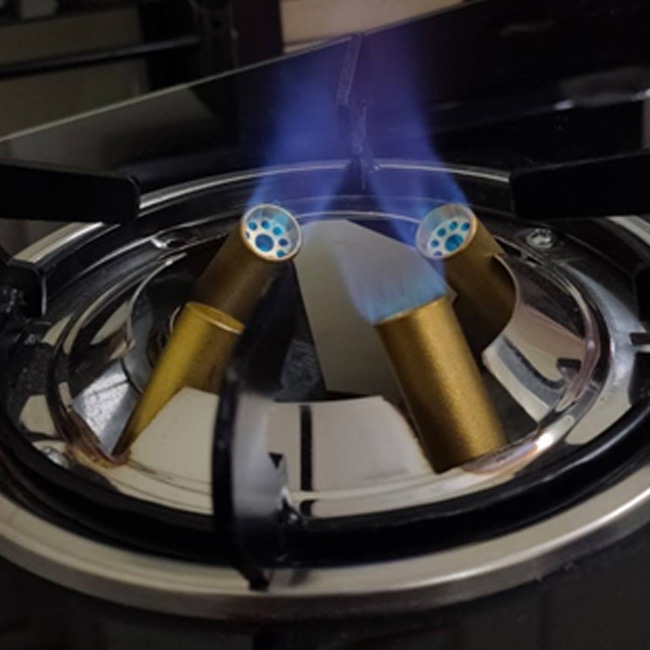Fuel

Fuel Overview
Fuel is a substance that releases energy through combustion or other processes, widely used in transportation, industrial production, and power generation. Fuels can be categorized into solid (e.g., coal), liquid (e.g., gasoline, diesel), and gaseous fuels (e.g., natural gas, hydrogen). With the growing focus on environmental protection, clean fuels are becoming increasingly important in energy transition efforts.
The Role of Dimethyl Ether (DME) in Fuels
Dimethyl Ether (DME) is a clean and versatile fuel that plays several key roles in the fuel industry:
Diesel Alternative: It can serve as a low-emission substitute for diesel in transportation and power generation.
LPG Replacement: DME is a cleaner and safer alternative to liquefied petroleum gas (LPG) for household and industrial applications.
Energy Transition Bridge: DME can be produced from both fossil fuels and renewable resources, providing important support for a low-carbon energy structure.
Advantages of Dimethyl Ether in Fuels
Environmental Benefits:
Nearly no sulfur oxides (SOx) and particulate matter (PM) emissions, with low nitrogen oxide (NOx) emissions.
Significantly lower carbon emissions compared to traditional fuels, contributing to carbon neutrality goals.
Safety and Usability:
Non-toxic, safe to handle, and less hazardous to the environment.
Can be stored and transported easily at moderate pressure (5–7 bar).
Cost-effectiveness:
Produced at a low cost from a variety of raw materials, including coal, natural gas, and biomass.
Can leverage existing diesel or LPG infrastructure, reducing adoption costs.
Technical Compatibility:
Requires only minimal modifications to diesel engines and LPG systems for use.
Industry Advantages of Dimethyl Ether
Growing Market Demand: There is increasing demand for clean fuels in transportation, household, and industrial sectors, providing significant market potential for DME.
Policy Support: Stricter environmental regulations and low-carbon energy policies worldwide provide favorable conditions for the promotion of DME.
Diverse Resource Base: DME can be produced from both traditional fossil fuels and renewable resources, ensuring sustainable supply.
Infrastructure Compatibility: DME can use existing fuel storage and distribution networks, reducing the need for new infrastructure and saving costs.
Conclusion
Dimethyl Ether is an ideal alternative fuel due to its cleanliness, versatility, and economic viability. As a cleaner substitute for diesel and LPG, it plays an important role in reducing emissions and supporting the energy transition, with promising prospects in the global fuel industry.